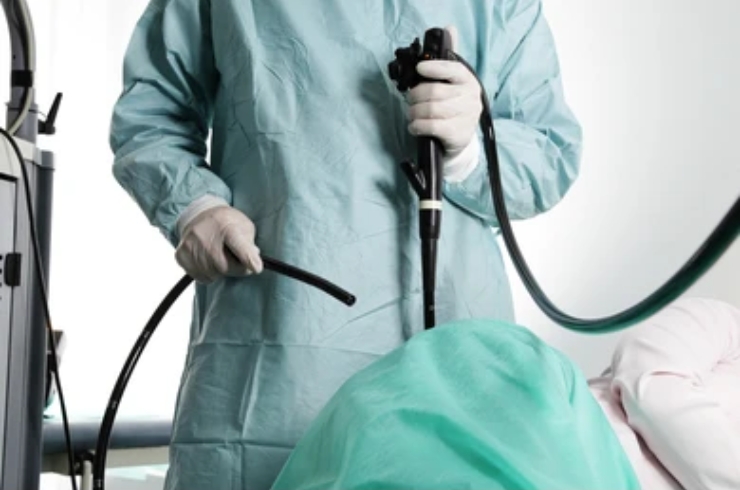
A colonoscopy is a medical procedure used to examine the inner lining of the large intestine (colon) and rectum. It involves the use of a long, flexible tube with a camera, known as a colonoscope, which is inserted into the rectum. The colonoscope allows the doctor to view any abnormalities such as polyps, inflammation, bleeding, or tumors within the colon. Colonoscopy is commonly used as a screening tool for colorectal cancer, as well as to investigate symptoms such as unexplained abdominal pain, rectal bleeding, or changes in bowel habits. It is a vital procedure for early detection and prevention of colorectal diseases.
Colonoscopy plays a crucial role in identifying and diagnosing potential issues in the colon, including colorectal cancer, one of the most common types of cancer worldwide. It is particularly important for individuals aged 50 or older, or those with a family history of colorectal cancer or certain gastrointestinal disorders. Colonoscopies are also useful for monitoring patients with a history of polyps or inflammatory bowel diseases like Crohn’s disease and ulcerative colitis. Regular screenings through colonoscopy help detect early-stage abnormalities that may not yet be causing symptoms, enabling timely intervention and improving outcomes.
Before the procedure, patients are required to follow a specific preparation regimen to cleanse the bowel, ensuring clear visibility during the examination. The procedure itself is typically performed under sedation, allowing patients to remain relaxed and comfortable. During the colonoscopy, the doctor may take biopsies or remove polyps if necessary. The procedure usually takes around 30 to 60 minutes. Following the procedure, patients may experience mild bloating or gas, which typically resolves within a few hours. Since it is a minimally invasive procedure, most patients can resume normal activities the next day. At MIMAS World Hospitals, we ensure that each colonoscopy is performed with the utmost care, using advanced technology and a skilled team to ensure the best possible outcomes for our patients.